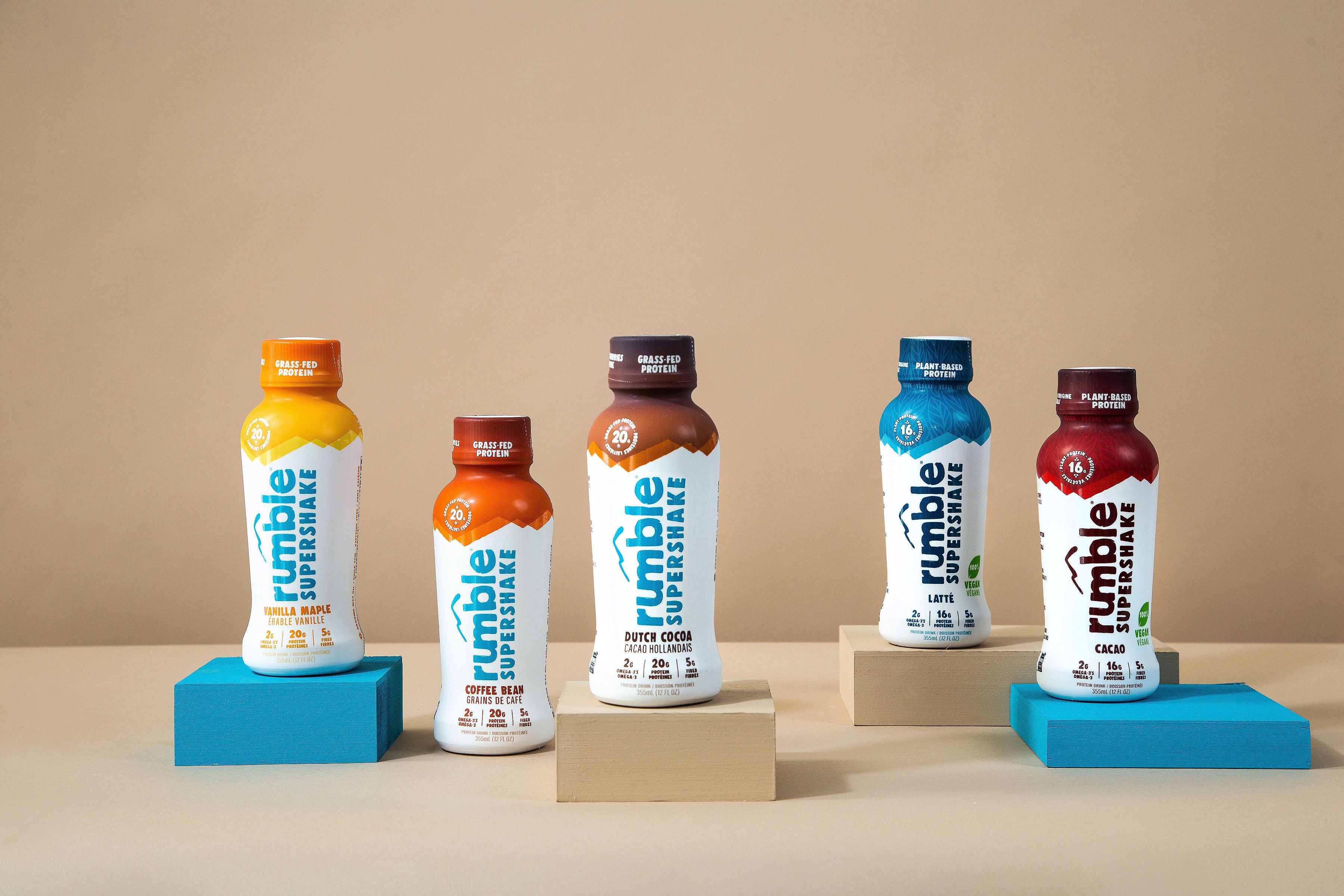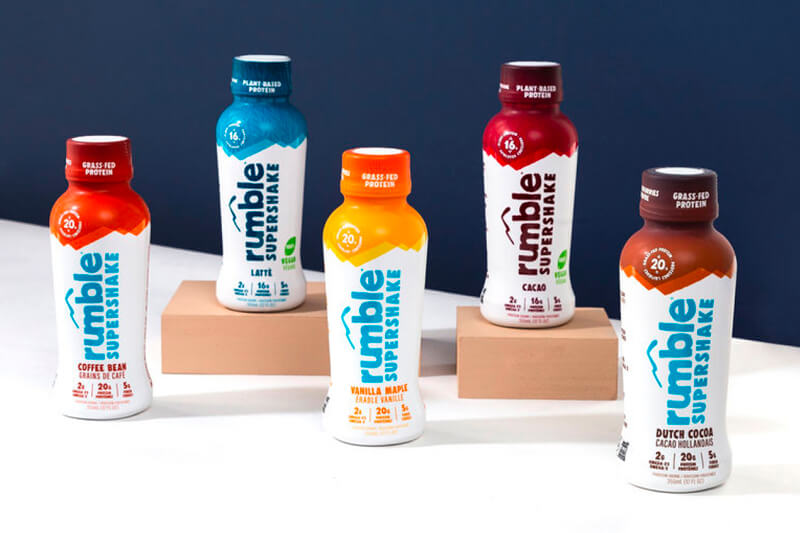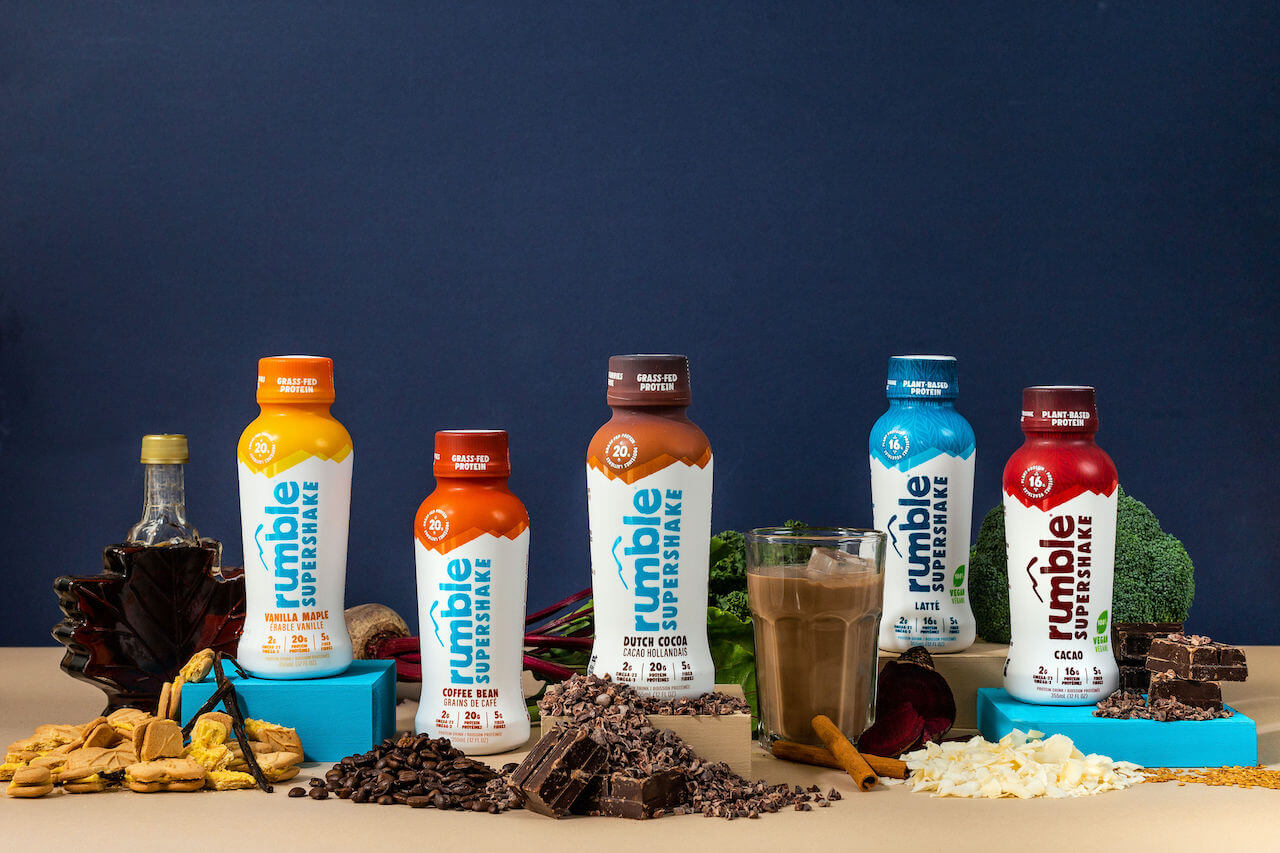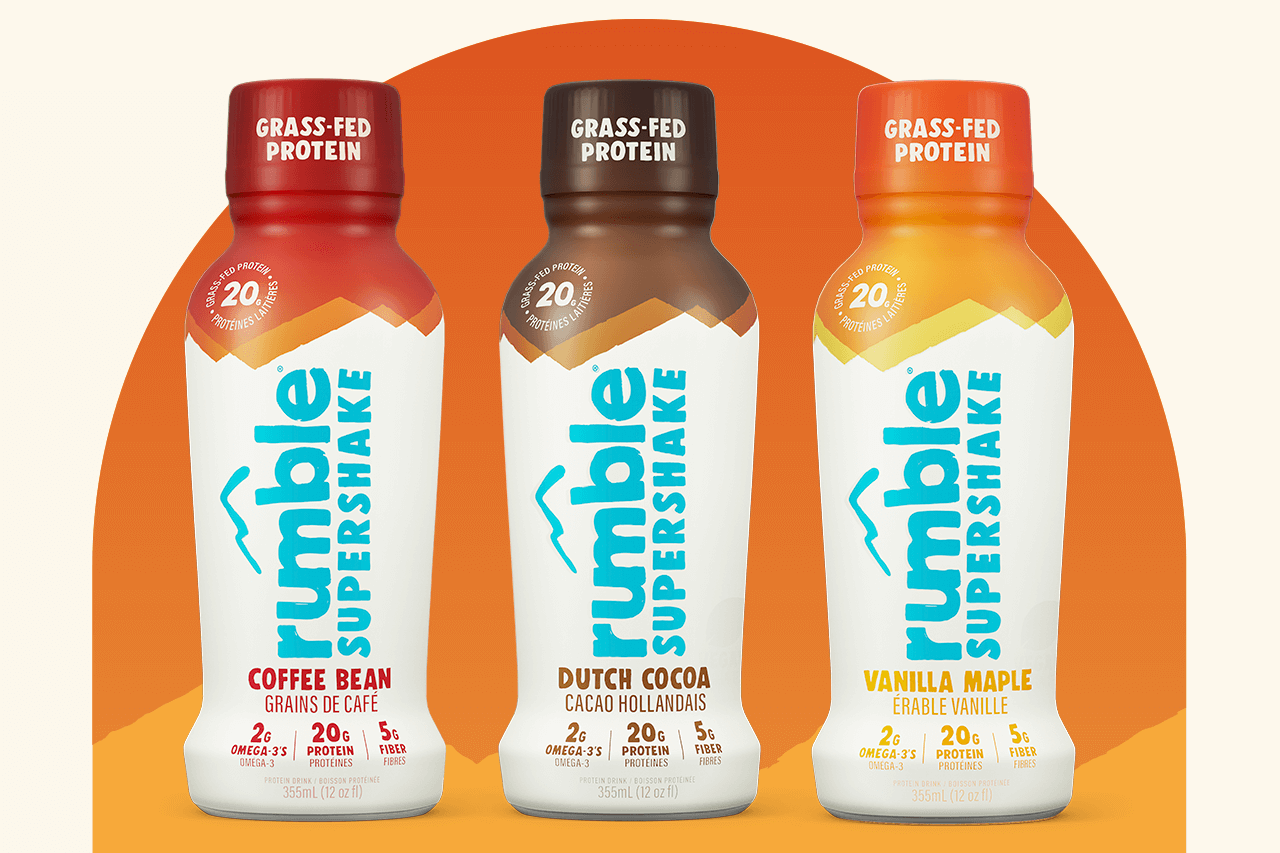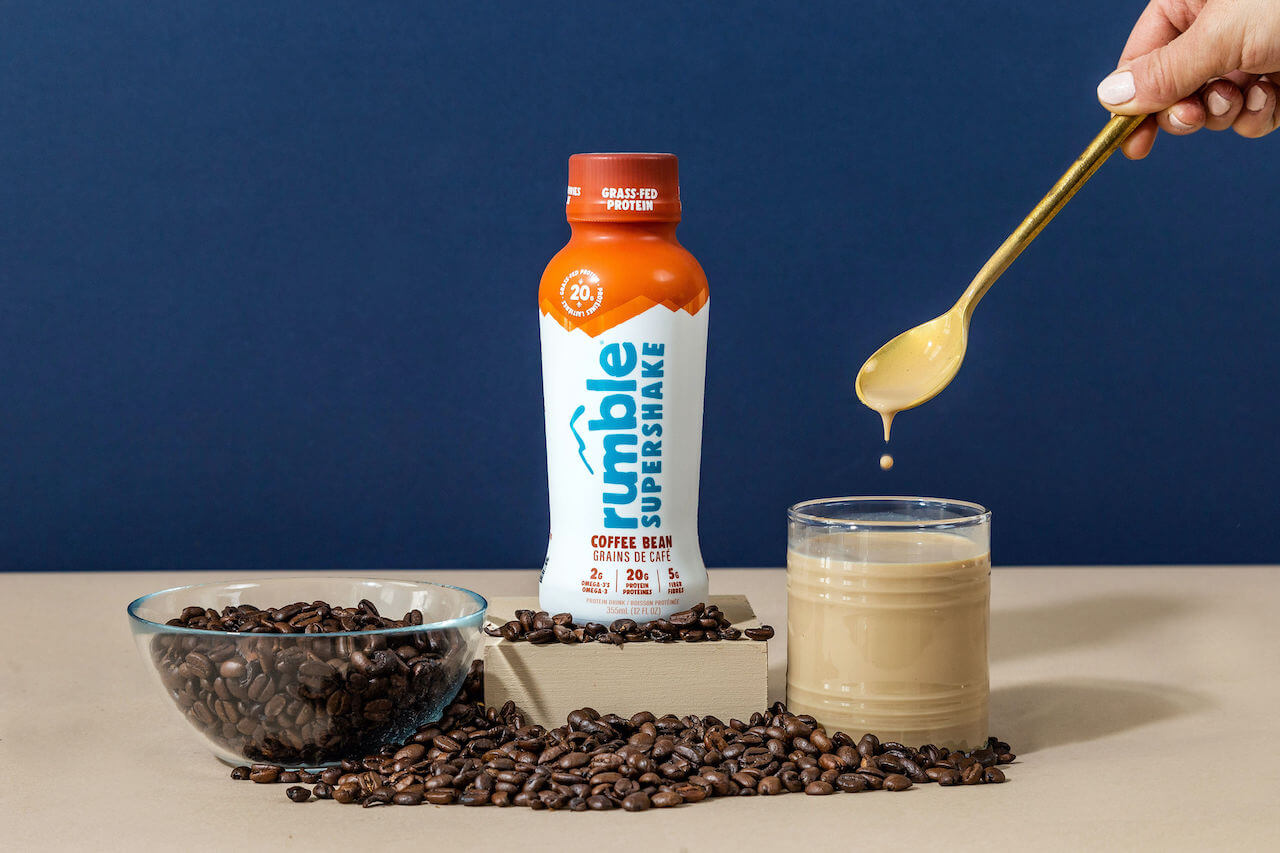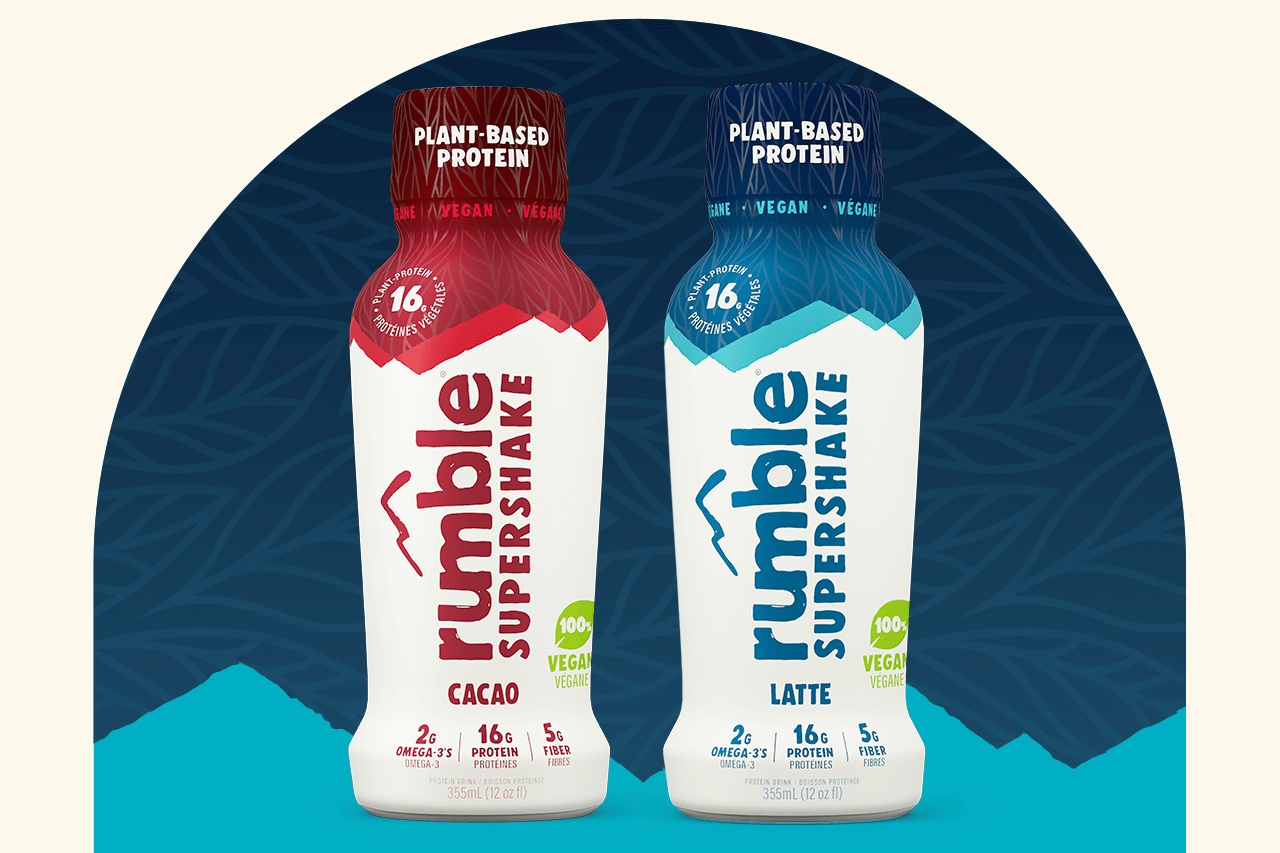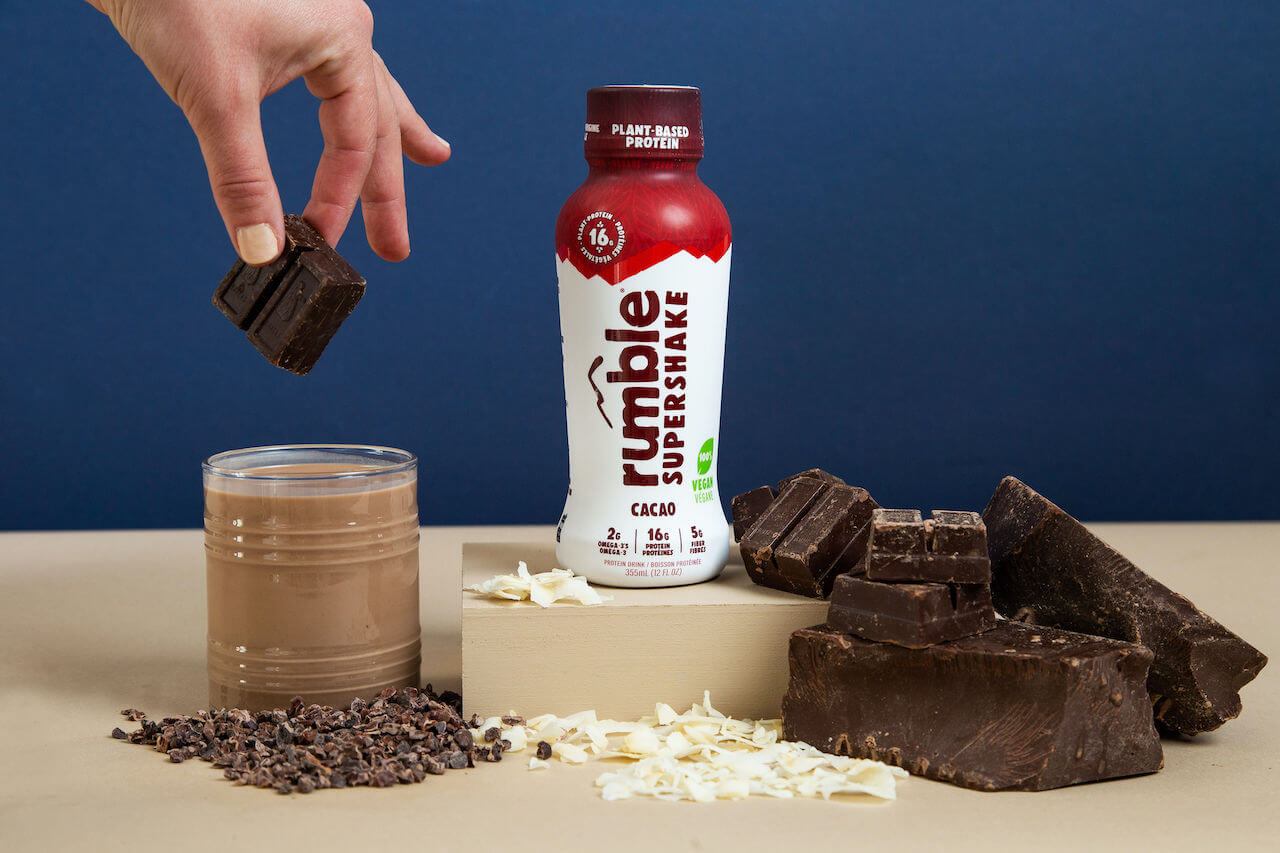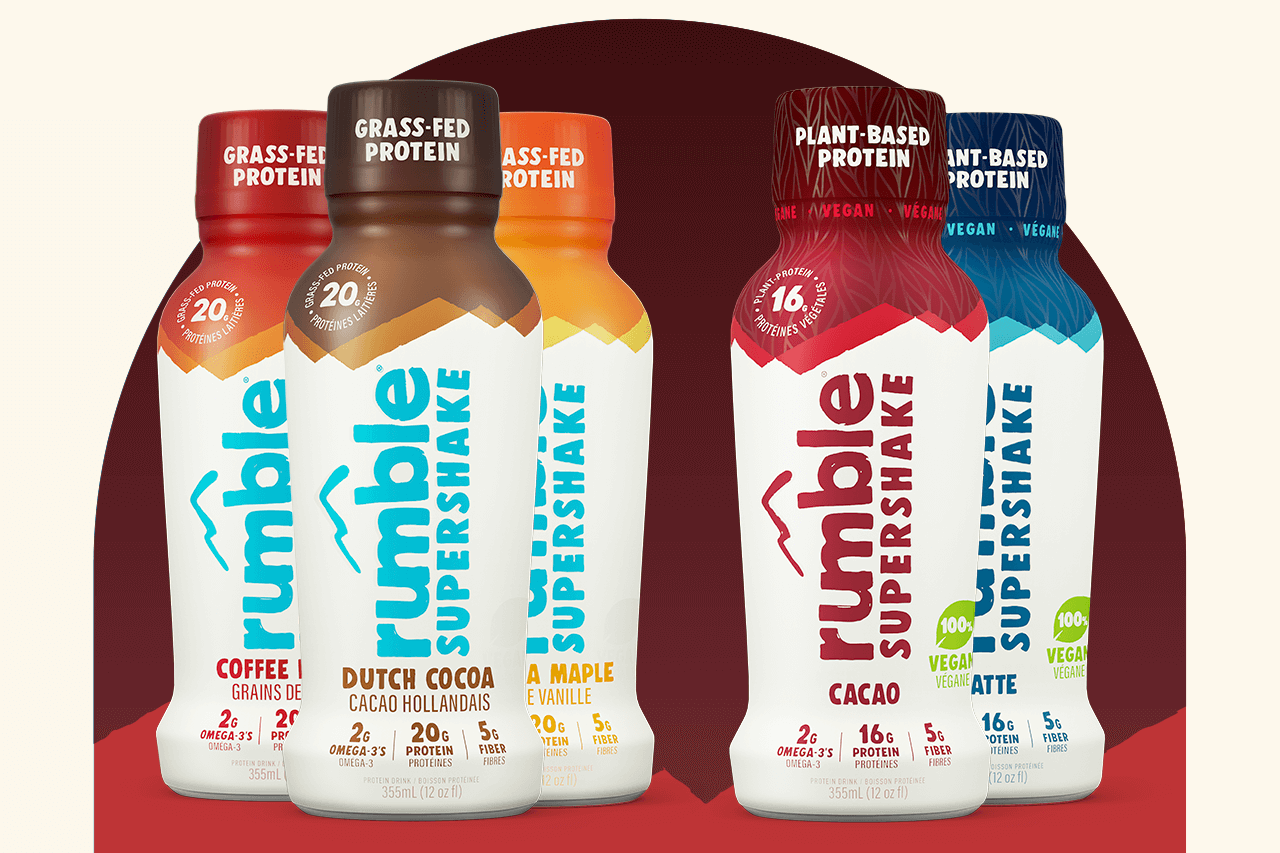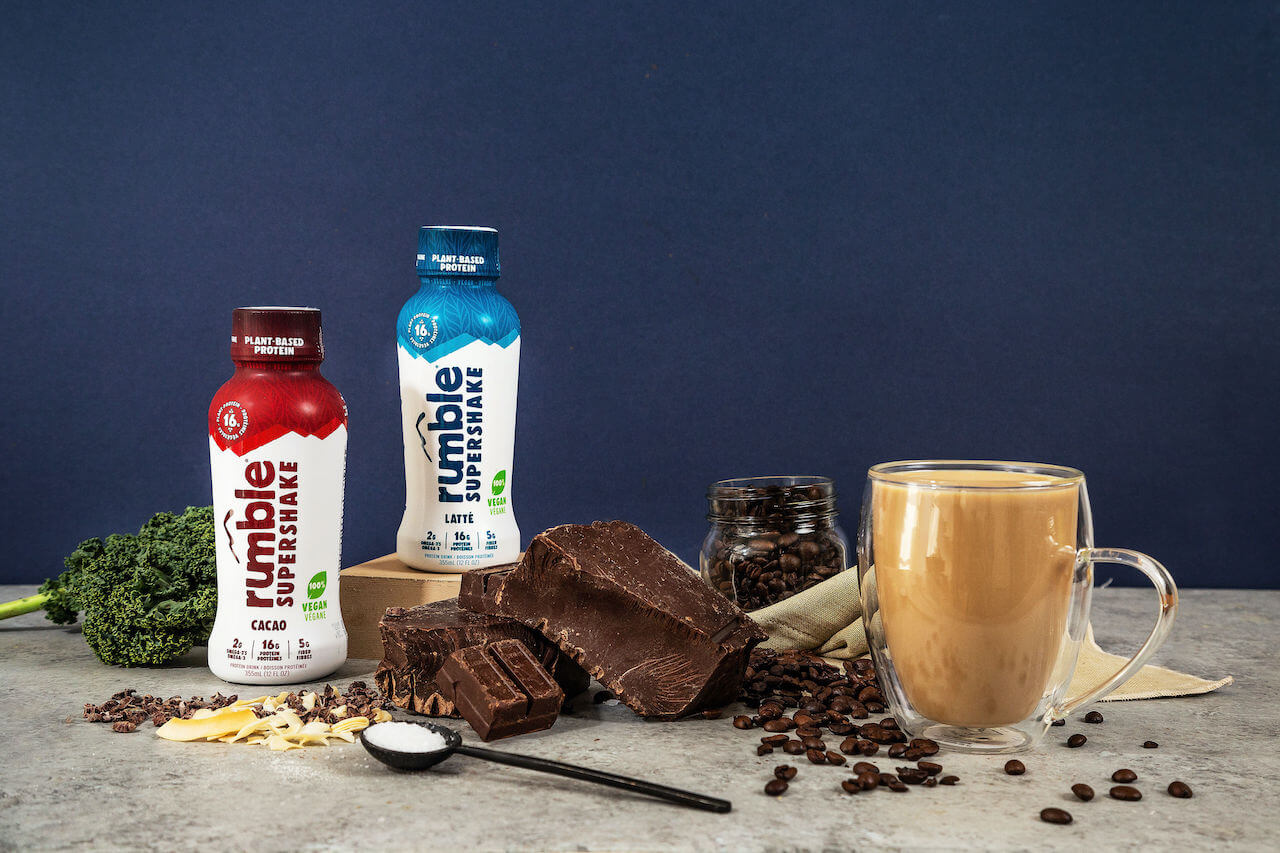Get Stronger, the Right Way: Strength-Training Tips from Rumble Ambassador Sara Zaystoff

For Rumble Ambassador Sara Zaytsoff, strength is about more than muscle. As a kinesiologist, former varsity athlete, celiac, and founder of Mint Club Athletics (a gym and training program for girls and teens), Sara knows that true athletic strength is physical, mental, and emotional.
We recently caught up with her to ask why strength-training is an important part of her training program, and how we can all get stronger - the right way.
Q: What inspired you to create Mint Club Athletics?
A: Growing up as a young athlete, I found there were many difficult and defining transition points - like the first day of high school, joining a new team, getting a new coach, and starting a new training program. Even apart from sports, navigating the world as a young female can be challenging.
I wanted to create a safe and consistent space for young girls to grow-up and develop into themselves as people and athletes. Our program helps athletes in need of emotional support as well as physical support as they transition from young beginners, to university-bound superstars.
It’s so refreshing to be able to walk into a space, and not be afraid to make mistakes, and to not be judged for whether you’re on an ‘A’ team or a ‘C’ team. A space of equality and support - that’s Mint.

Q: How do your training programs and workshops meet the needs of young female athletes?
A: Through mental, physical & emotional wellness. Young girls are beautifully complex. Coping with the pressures of athletic development on top of all of that requires a special skill set, and level of experience. Over the past eight years, we have discussed, created, re-created, and grown our workshop and training session model. We are in constant connection and contact with our athletes. We ask them, we ask their parents, their coaches, “What do YOU need?” “How can we best support you?”
From those open and honest conversations, we adjust workshops & training sessions accordingly to make sure our content, and programs are always up to date.

Q: What role does strength-training play in your programming?
A: Strength training is a large part of our program. Whether our athletes are 7-years-old or 18-years-old, everyone within our program strength trains (with age appropriate limitations, of course).
Strength is the foundation of every single movement you do in sports. Learning proper body mechanics and the foundations of strength enables you to perform more complex and dynamic sports-related movements, with confidence.
Strength training decreases the chance of injury, and provides our athletes with so much confidence on and off the field. Being able to teach all our athletes the importance of proper squat form or how to deadlift is empowering for us as coaches and for our athletes.
Q: Regardless of age, gender, or fitness level, is there anything the rest of us should/could be doing to improve our strength?
- Become a student of strength first (study, listen & learn). Strength is more than just lifting heavy weights. It’s an investment of time to perfect the basic skills of strength, which inevitably, help you to become even stronger in the long run.
- Learn to engage your muscles. Perform activation exercises prior to any workout. Target areas like your core, glutes & muscles surrounding your shoulder blades.
- Listen to your body. Phrases like “Pushing through pain” & “No excuses” are not in my vocabulary as a strength & conditioning coach. If something hurts, it’s hurting for a reason.
- Connect with your breath. Breath can be such a powerful tool to help you feel present in your strength workout. By being present, you’ll be able to utilize the right muscles, and decrease your chance of injury.
- Work with a certified and experienced instructor. Work with someone who has the experience and education to coach you.
Q: How do you, personally, integrate fitness into your everyday life?
Since transitioning away from varsity athletics and going through my celiac diagnosis, my fitness routine has changed. I work - a lot. I train athletes for up to 8 hours during the weekdays. It takes a lot out of me.
My mindset has shifted into what feels good in terms of movement. I honour my body, I listen to it. Some days I’ll run, some days my body craves a strength-training workout. Somedays gentle yoga and meditation is exactly what I need.
I’m lucky to have a partner who is talented at many different types of movement. If I want to throw around some kickboxing moves, or take his Hip Hop class, I’ll do that.
To me, fitness is a collection of moments and choices throughout your day, and throughout your week. It’s not about spending X amount of hours within a gym - it’s about enjoying movement, having fun, in whichever form feels best for me.

Q: Any other fitness takeaways/tips you’d like to share?
To my beginner fitness friends (and anyone else that needs to hear this right now): fitness & movement are meant to be enjoyed, they're not a punishment. Understanding that you are already enough, already worthy of love, already an amazing person prior to starting a fitness journey is essential. I’ll say that again, YOU ARE ALREADY ENOUGH. YOU ARE ALREADY A PERSON OF VALUE. Take your time, remember that fitness is a collection of moments throughout your day and week. Take time to notice how you feel, how your body feels, and honour that.
Want to join our community of Rumble Ambassadors? Apply now!


